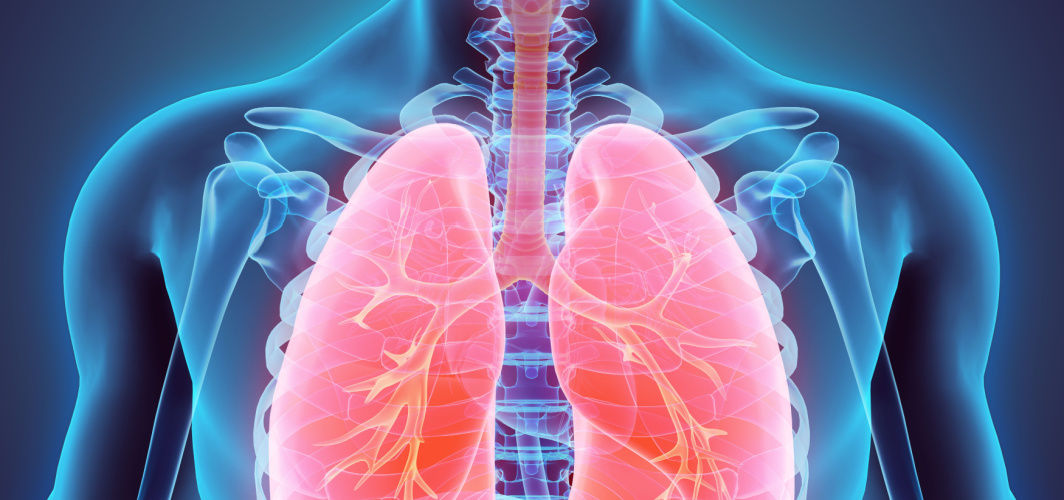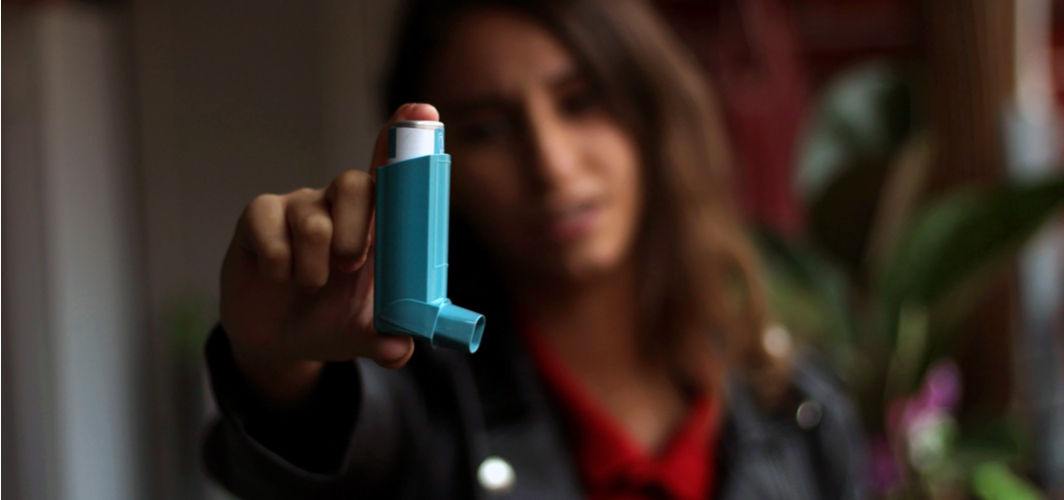Respiratory Health
What Are The Common Asthma Triggers?
4 min read
By Apollo 24/7, Published on - 16 December 2020, Updated on - 18 October 2022
Share this article
0
2 likes

What are the common asthma triggers?
- Allergens - Allergens can trigger the symptoms of asthma in people with allergic asthma. These are inhaled substances that result in an allergic reaction which occurs when the body recognizes a harmless substance as dangerous and therefore releases chemicals to attack the substance.
Allergens can be categorized as indoor and outdoor allergens.
Indoor allergens
- Dust Mites - Dust mites are microscopic creatures present in every home. They are found in mattresses, pillows, carpets, bedcovers, upholstered furniture, and stuffed toys. These can trigger an asthma attack in people allergic to dust mites. This is usually referred to as dust allergy.
- Molds - Molds are microscopic fungi that are found where moisture is present. Molds produce tiny spores that are present in the air, indoor and outdoor. When the mold spores land on damp areas indoors, such as the kitchen and bathrooms, they begin to grow. Inhaling mold can trigger asthma symptoms irrespective of whether the person is allergic to mold or not.
- Cockroaches and other pests - Cockroaches are usually found in warm, moist, and dark areas inside the house such as kitchen cupboards and under sinks. Body parts or droppings of cockroaches and other pests can trigger asthma. Saliva and faeces of cockroaches contain certain proteins that can cause allergic reactions and trigger asthma symptoms in some people.
- Pets - Dander (skin shedding), hair, urine, faeces, and saliva of pets contain proteins that can trigger asthma. The allergens from dander or dried saliva can become airborne and adhere to soft materials such as clothing, carpets, and upholstery. Pets such as dogs, cats, and rodents can trigger asthma in people allergic to animal dander.
- Pollen - Pollen is a common allergen that is abundant in spring and summer. These pollens that trigger allergic asthma are tiny invisible particles produced by trees, grasses, and weeds to fertilize plants of the same species. When inhaled, pollen causes the typical symptoms of asthma in susceptible people.
- Mold spores - Molds are present outdoor on dead leaves, plants, soil, and wet logs. They produce spores that are very small and float in the air. When inhaled, the spores reach the lungs and trigger an asthma episode. Outdoor mold spores are found to be high in the air during spring when the weather gradually gets warmer.
- Irritants - Irritants are also inhaled substances but unlike allergens, these do not result in an allergic reaction.
- Tobacco smoke - Tobacco smoke is a powerful irritant that triggers asthma. When people with asthma inhale smoke or second-hand smoke, the particles of smoke cause swelling and narrowing of the airways. These particles also trigger the production of excess mucus.
- Outdoor air pollution - Air pollution is associated with either triggering or worsening an asthma attack. Outdoor air pollution is caused by tiny particles generated from smoke, automobile exhaust, road dust, and factory emissions. Ground-level ozone is another important air pollutant. Outdoor air quality is also affected by pollen.
- Cleaning and disinfection - Some chemicals can also trigger asthma attacks. Chemical substances in cleaning agents such as aerosol sprays, disinfecting wipes, or bleach exacerbate asthma in some people.
- Perfumes - For some asthmatics, strong odours from perfumes are known to be a common trigger.
- Infections - Common cold, flu, or sinus infections can cause inflammation and narrowing of the airways. These changes in the airways can trigger an asthma attack.
- Weather - Weather changes are one of the main triggers of asthma. These weather conditions include cold or dry air, heat and humidity, and thunderstorms. Weather can affect the pollen count as well.
- Exercise - Strenuous exercise is known to cause narrowing of the airways and lead to what is known as exercise-induced asthma. Shortness of breath, coughing, or wheezing can occur during or immediately after exercise.
- Stress and emotions - Stress and strong emotions such as anxiety, or incidences of hard laughter, crying, or anger can trigger asthma in some people.
- Certain medications
- Food allergies, usually in children.
Respiratory Health
Leave Comment
Recommended for you

Respiratory Health
Can Asthma Get Worse During Summers?
Summers can trigger allergies, which can further trigger asthma. Here is what you need to know to keep asthma attacks at bay this summer season.

Respiratory Health
Shortness of Breath: Should You Be Worried?
Sometimes, shortness of breath can be a sign of serious medical conditions that require medical attention.

Respiratory Health
Rare Lung Diseases: Types, Causes & Treatment
Discover the different types of rare lung diseases, their causes, and the latest treatments available. Stay informed about the advancements in medical guidelines and lifestyle factors that can help manage these conditions effectively.
Subscribe
Sign up for our free Health Library Daily Newsletter
Get doctor-approved health tips, news, and more.
Visual Stories

Can Asthma Symptoms Get Worse Indoors?
Tap to continue exploring
Recommended for you

Respiratory Health
Can Asthma Get Worse During Summers?
Summers can trigger allergies, which can further trigger asthma. Here is what you need to know to keep asthma attacks at bay this summer season.

Respiratory Health
Shortness of Breath: Should You Be Worried?
Sometimes, shortness of breath can be a sign of serious medical conditions that require medical attention.

Respiratory Health
Rare Lung Diseases: Types, Causes & Treatment
Discover the different types of rare lung diseases, their causes, and the latest treatments available. Stay informed about the advancements in medical guidelines and lifestyle factors that can help manage these conditions effectively.